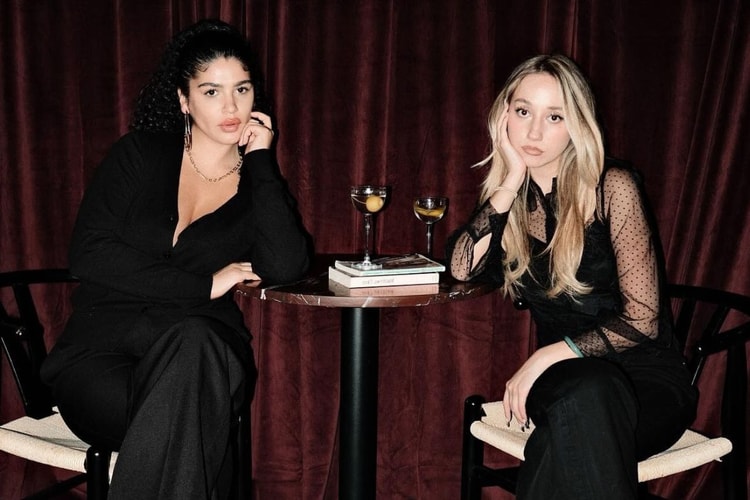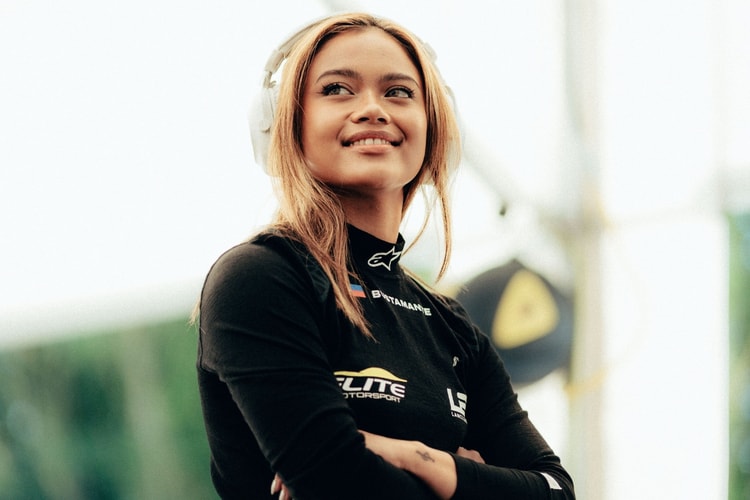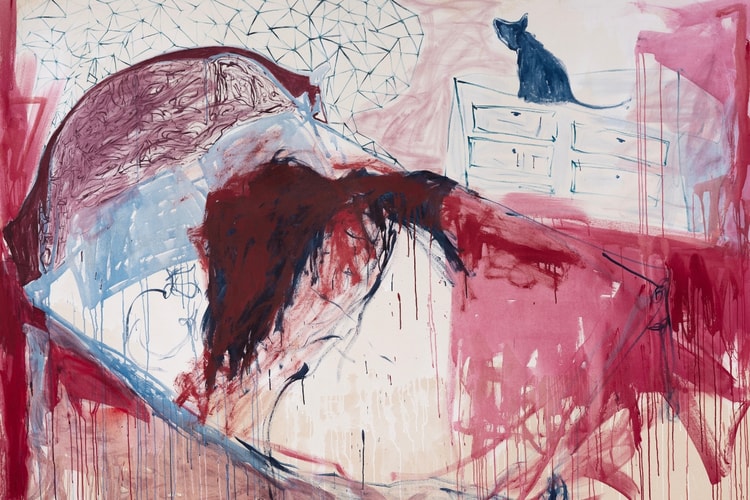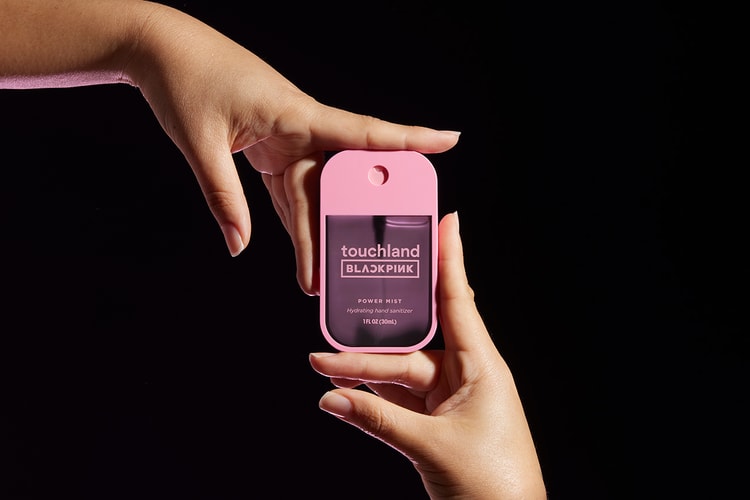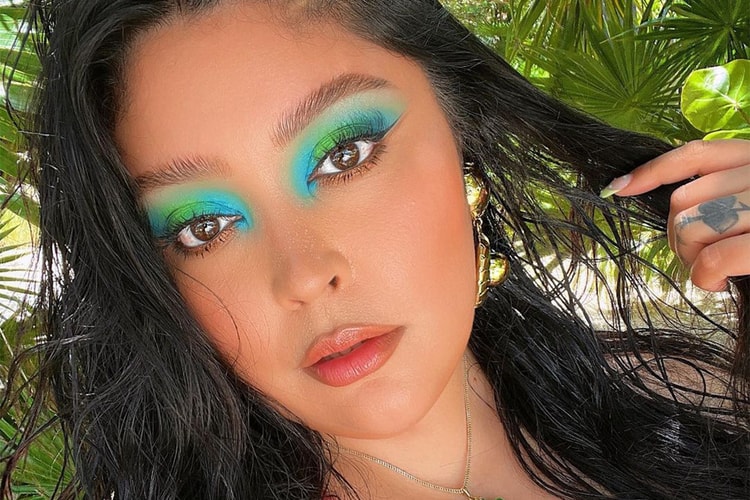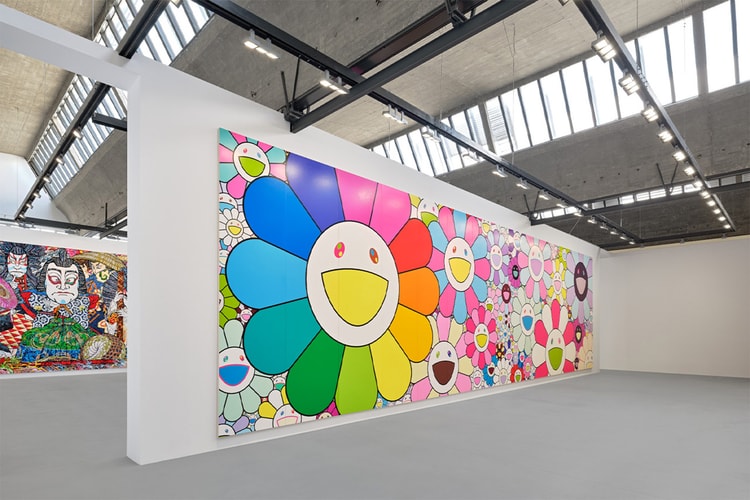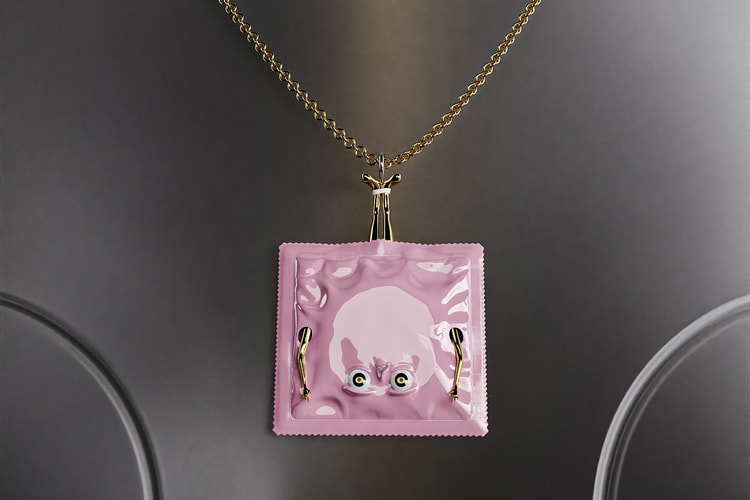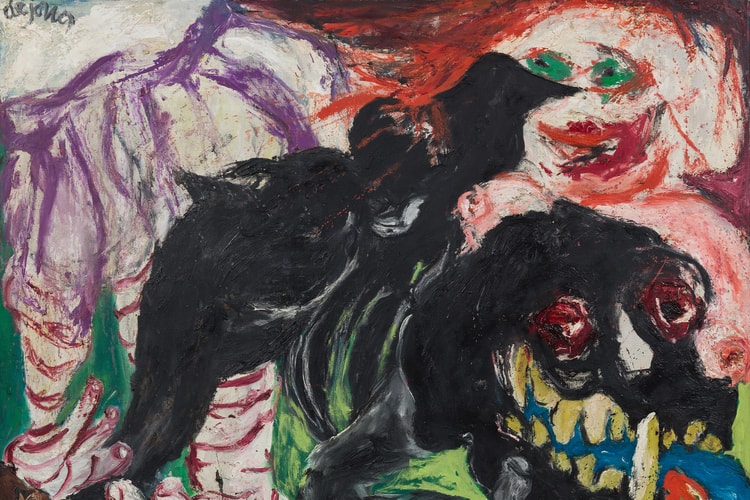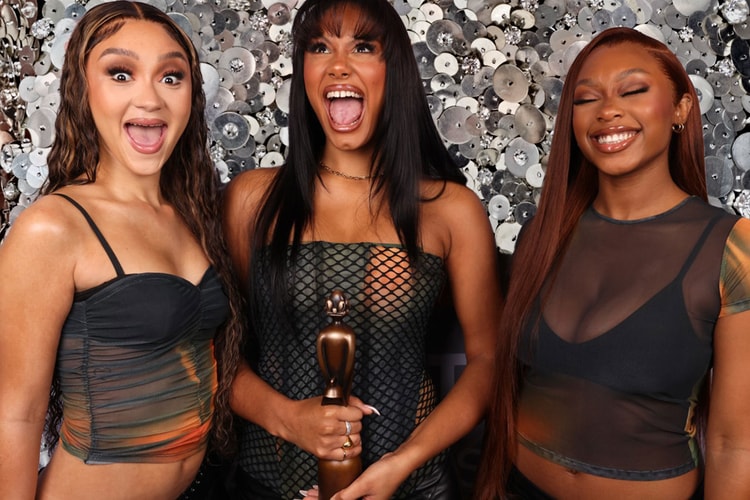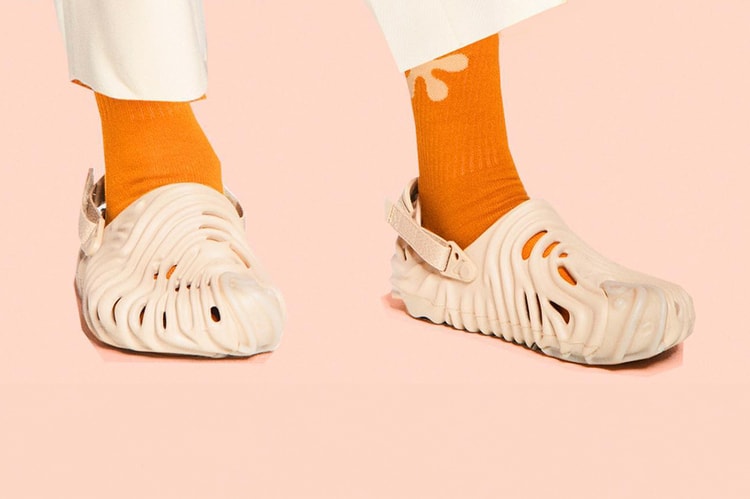
How To Cope With Eco Anxiety When The World Is On Fire
Hypebae speaks with climate change advocate Sophia Li.
Last week, much of the East Coast lived in an apocalyptic movie as the skies of New York and the Tri-State area were clouded by smoke, thanks to Canadian wildfires.
Caught in a putrid, orange haze, our anxiety around climate change has been at an all time high, wondering what we can possibly due with our atmosphere compromised. While the decay of our environment should come as a no surprise at this point — to deal with the up close and personal effects of natural disasters is disconcerting for many. It’s worth nothing that severely polluted air is a common occurrence in the Global South, largely because of a history of colonialism, war and economic exploitation that has made it possible for some in America and Europe to not face the consequences of our Earth’s devastation.
However, the recent unhealthy air levels have made it starkly clear that everyone will inevitably experience the effects of climate change sooner or later. While this depressing realization has left many of us paralyzed with grief and sorrow, there are still reasons to be optimistic. To a certain extent, remaining optimistic about the state of our world might be the only way forward.
Sophia Li, climate change advocate and award-winning journalist, staunchly believes that leading with hope for our future is the only way to fight for it. Starting out as an entertainment editor for Vogue, Li found her calling, educating and spreading awareness around sustainability and intersectional environmental justice. Not only is Li the host of Meta’s podcast, Climate Talks, she also co-founded of STEWARD and serves as the co-chair of the World Economic Forum’s Web3 Sustainability Coalition.
While humans have undoubtedly played a part into the destruction of our environment, Li does not believe we are the virus, rather its the systems we’ve bought into, affirming that “sustainability is our birthright.”
Continue scrolling to hear more from Sophia Li and why it’s important to hold hope for Mother Earth.
Starting your journalistic career as Vogue‘s entertainment editor, what sparked your interest and now dedication to climate change and human rights issues?
I believe that everyone has a climate story. Your climate story is the ideologies and ecosystems you grew up in, like that first wonder you had with nature. Maybe you collected rocks or you were obsessed with water and the beach. Maybe you loved insects as a kid. As children, this sense of curiosity and harmony with nature is so innate in us. Your heritage and your cultural background also play a part into your climate story. Think about how your ancestors may have interacted with land.
Not knowing our climate story impacts how we are today because we’ve separated ourselves from our intrinsic connection with nature. I didn’t start understanding my own climate story until I was an adult in my mid-twenties when I started peeling back the layers and understanding the macro levels of what contributed to my interest in nature. Looking at my ancestors and heritage, my grandparents are Buddhist and my great-grandfather was an incredible Buddhist leader in China. I grew up with this fundamental value, which encourages equilibrium with all living things, including humans. I also think if you have immigrant parents, sustainability is the norm — it’s done out of necessity. It’s not mason jars and bamboo toothbrushes. It’s making sure you reuse and upcycle everything, making sure you use every part of an animal if you’re going to eat it and being grateful for it. I think being first generation American and having immigrant parents – sustainability was the baseline.
Humans are not a virus to nature. The systems that we’ve bought into — capitalism, colonialism, imperialism and consumerism — those are the viruses.
Then, there are micro level inspirations. I grew up between four different states and two different countries. So it’s been a lot of different ecosystems, political structures and dynamics during my formative years. I lived in Memphis, Tennessee when Al Gore was vice president and I remember I was obsessed with An Inconvenient Truth when it came out. I’ve just always been obsessed with nature and then, later on in adulthood, you start realizing that humans, we ourselves are in nature, but that separation is a Westernized colonial mindset.
You cannot be an environmentalist without first being a humanitarian and for me, that intersectionality is so important.
Oftentimes, everyday people feel powerless when it comes to understanding and tackling climate change and sustainability. Sustainability or advocating for the environment is often seen as a privilege or a luxury. Most people don’t have time to take out of their jobs to go and protest Congress. How through your work have you advocated and empowered people to feel like they can actually protect their environment?
My entire life’s body of work is truly to make these very inaccessible and complex topics digestible. We have a completely flipped and skew perception of sustainability. Sustainability is our fundamental birthright, it is our baseline. The word itself, sustainable, means to sustain. To sustain ourselves has always been the foundation for indigenous communities. During the pandemic, the Earth started healing as we were in lockdown. People started this narrative that humans are the virus to nature, but we’re not. The systems that we have played and bought into and have made our norm, such as capitalism, colonialism, imperialism and consumerism — those are the viruses.
You cannot be an environmentalist without first being a humanitarian.
We know that because indigenous communities have lived in harmony and equilibrium with nature for thousands of years before the industrial revolution, before any of these systems existed. The fossil fuel industry, amongst others, has been gatekeeping sustainability from us. It was British Petroleum Oil who advocated and marketed the individual carbon footprint because they can then sell us the idea of sustainability, while destroying the planet.
Most people hesitate to educate themselves about current climate change issues because truthfully, it makes them sad. How do you balance spreading awareness without adding to the pipeline of “bad news?”
When we say, “Oh, nature will be fine without us, humans will go extinct and nature will keep on living without us.” That just completely reaffirms this level of apathy and instead of empowering people to take action and be a part of the movement, they’re like, “I’m out of this equation.”
It continuously perpetuates the apathy and I always say the opposite of love isn’t hate. The opposite of love is when you don’t even care anymore. I believe that we live in the age today of content pollution and I think we don’t have the right data and scientific studies for us to even understand how consuming such a high volume of content is completely rewiring us as a human society, as well as our individual human psyche. A person takes in more information than someone in one day did in their entire lifetime a hundred years ago. With content pollution, what happens is that we end up disassociating from really complex and overwhelming news, such as the climate crisis.
Not being a climate optimist is a sign of privilege because when you talk to people in the Global South or on climate front lines, they are optimistic because they’re not talking about ten years from now, they’re talking about their tomorrow.
It’s a natural human coping mechanism when there’s something really unjust happening in the world, we can only process so much. It feels like the media always paints this “end of the world, post-apocalyptic” picture, but climate change is actually going to happen more slowly and we’re already experiencing that. What we haven’t been able to process is that we still need to go on with our daily lives. We still need to raise our kids, put food on the table, go to our jobs, have joy, tap into our community while going through these very heavy events.
How do you manage your own eco anxiety as an environmentalist?
Action is the antidote to anxiety. You could either jump right in and be part of it or you could just watch the sidelines. I call myself a climate optimist and a lot of people feel like toxic positivity, but if I wasn’t a climate optimist, then I’m either climate apathetic or I’m a climate pessimist. Those are like the only other options.
There are a lot of headlines and tweets that say we’re too late, which fuels our collective apathy, but we still have time because every micro-degree that we reverse are hundreds of thousands of lives being saved. I think not being a climate optimist is a sign of privilege because when you talk to people in the Global South or on climate front lines, they are optimistic because they’re not talking about ten years from now, they’re talking about their tomorrow. If you’re talking about the safety and future of your home tomorrow, I’m always going to be a little bit anxious about this, but it doesn’t rule my life.
View this post on Instagram













